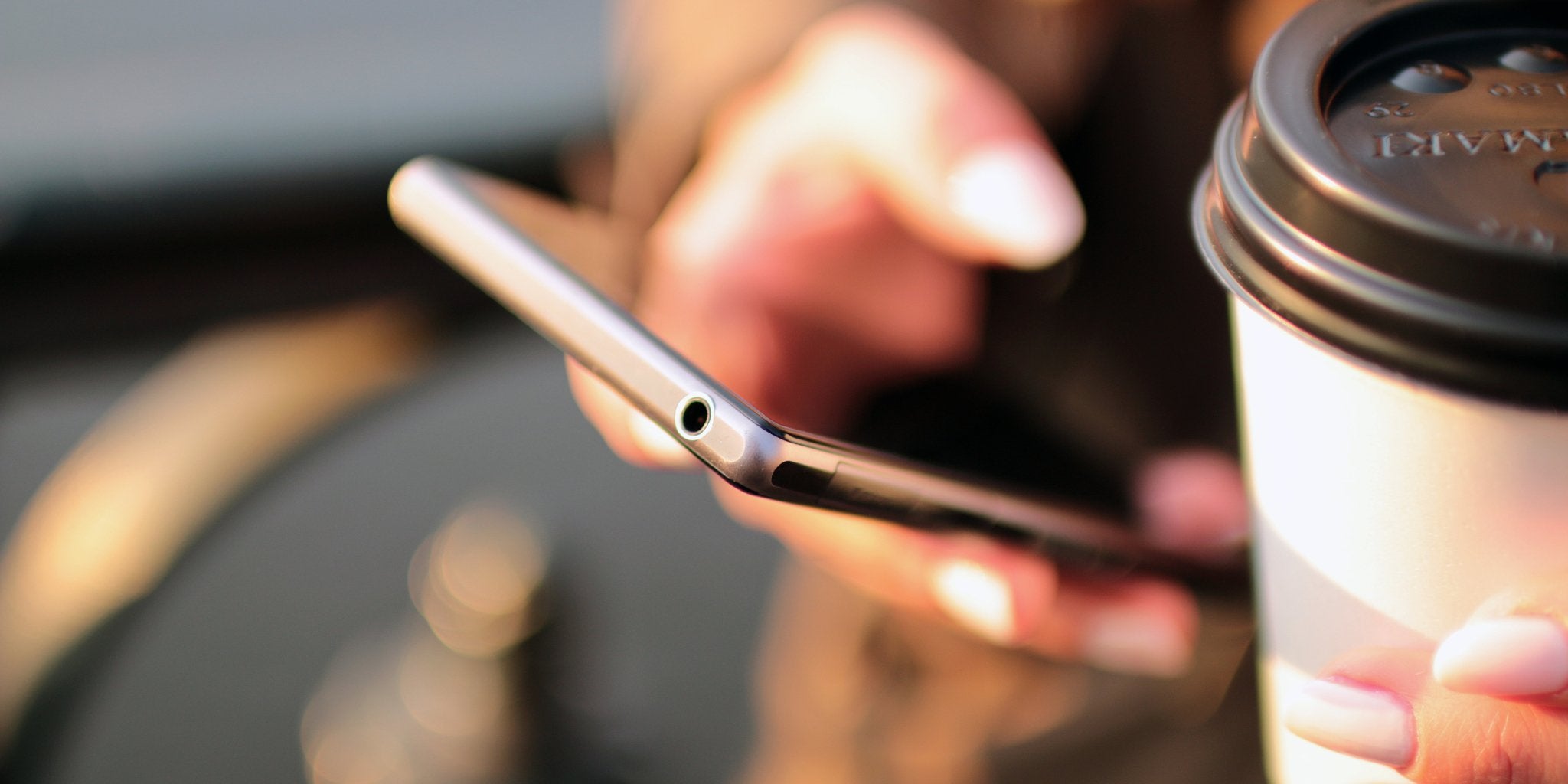
Is your phone stealing your time? How to reclaim your focus & break free from the digital chains
Our smartphones have become a constant presence in our lives, providing us with a seemingly endless array of functionalities and capabilities. They've become more than just a communication device - they're our go-to for entertainment, shopping, banking, and even exercise. We've come to rely on our phones so much that it's hard to imagine life without them. But what are the consequences of this reliance? Have we become so dependent on our phones that we're losing touch with the world around us? Do we really need to check our notifications every five minutes, or could we be missing out on valuable moments and connections by doing so? It's worth asking ourselves these questions and reflecting on our relationship with our devices. While smartphones undoubtedly provide us with numerous benefits, we should be mindful of the potential downsides of our dependence on them and find ways to strike a balance between our digital and real lives.
The statistics on smartphone usage in Ireland paint a concerning picture. According to a 2020 survey by Ipsos MRBI, the average Irish adult spends more than three hours and twenty three minutes per day on their smartphone, which is higher than the European average of three hours and eight minutes. In fact, nearly 40% of Irish smartphone users admitted to spending more than five hours per day on their devices, while only 10% reported using their smartphones for less than an hour per day. This excessive usage has a significant impact on our mental and physical health. Research has shown that prolonged phone use can cause addiction, anxiety, and depression. The constant notifications, alerts, and social media updates can affect our mood, decrease our attention span, and reduce our ability to focus on tasks. Furthermore, the blue light emitted from our screens can disrupt sleep patterns and affect our circadian rhythm.
How often have you said to yourself, I just don’t have the time or I wish I had more time to accomplish what I want? Whether that be learn a new language, achieve your health and fitness goals or read that book that’s been on your shelf for the longest time. We simply put our lack of progress or drive down to not having enough time. Now If I asked you to check your weekly or even daily screen time spent on your phone, how much does that equate to? How much time have you spent scrolling, refreshing or procrastinating on your phone. This amount of time may be hard to admit but now ask yourself do I really not have the time. My guess is your answer will change.
The rise of technology has undoubtedly had a profound impact on the attention span of new generations. With instant access to an endless stream of information and entertainment at our fingertips, it's easy to become accustomed to constant stimulation and to find it difficult to focus on any one thing for an extended period. Johann Hari dedicated years of his life to understanding what contributes to our fast declining attention span and cleverly details in his best-selling book ‘Stolen Focus’ that there are twelve factors that have been proven to reduce people’s ability to pay attention and that many of these factors have been rising in the past few decades – sometimes dramatically. Johann Outlines how the first step in regaining your focus and loosening the grip that our smartphones have on us is consciousness raising.
After discussing this topic amongst ourselves we were to say the least shocked at how dependent on our phones we have become especially post pandemic. These are some simple changes you can incorporate into your day to claim back your time & focus.
•Establish screen-free times: Set aside specific times each day to disconnect from your phone, such as during meals, before bed, or first thing in the morning.
•Use app timers: Many smartphones have built-in features that allow you to set limits on your app usage. Utilise these timers to keep track of your screen time and avoid mindlessly scrolling.
•Turn off notifications: Disable notifications from social media apps or other apps that frequently interrupt your day. This will help you stay focused and prevent unnecessary distractions.
•Replace screen time with other activities: Find other activities that you enjoy, such as reading, exercising, or spending time with friends and family, and prioritise them over phone usage.
• Keep your phone out of reach: If you find yourself constantly checking your phone out of habit, keep it in a different room or put it in a drawer to help break the cycle.
• Use a grayscale display: Switching to a grayscale display can make your phone less visually stimulating, making it less appealing to use for extended periods of time.
In conclusion, while our smartphones and other devices have become an integral part of our daily lives, it's important to recognise the potential harm that excessive screen time can cause to our mental and physical health. By reducing our reliance on technology and finding ways to disconnect from our screens, we can reap the benefits of a healthier and more balanced lifestyle. We can rediscover the joys of face-to-face interactions, enjoy the beauty of the natural world, and be present in the moment without constant distractions. Not only can we improve our own wellbeing, but we can also make a positive impact on the world around us by engaging more meaningfully with our communities and the environment. So, let's break free from our technology chains and embrace a healthier, more fulfilling way of living.

